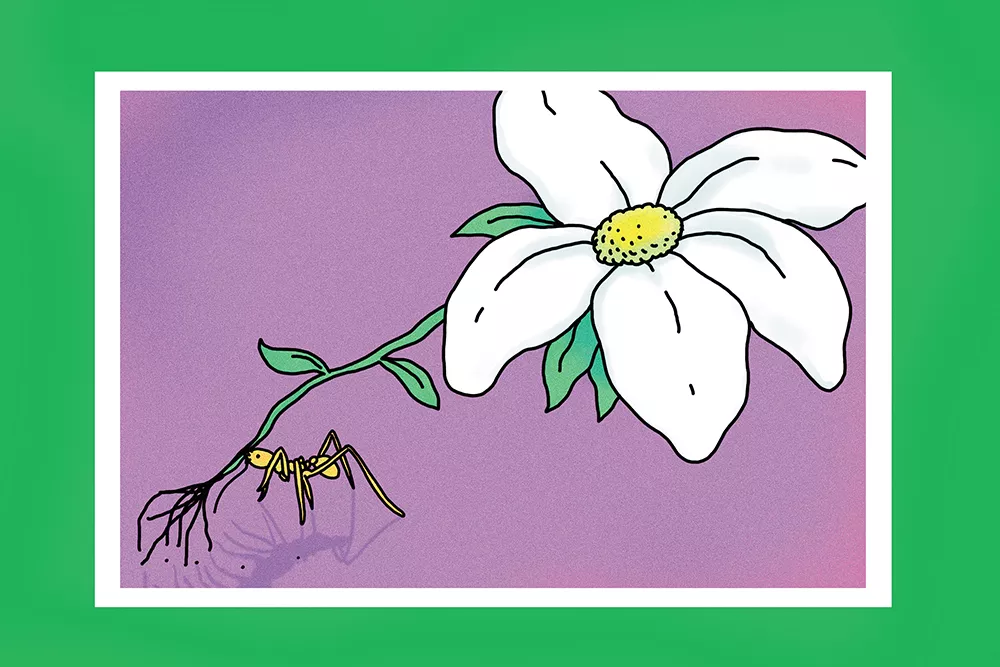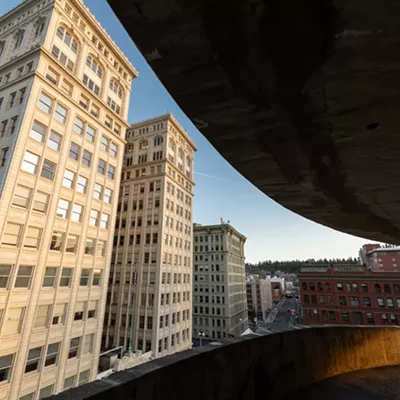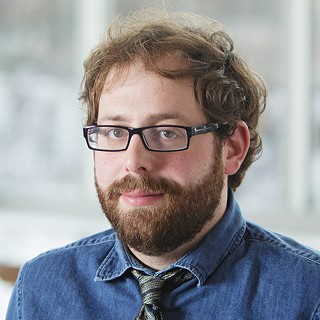The nature of many of our biggest problems requires that successful solutions will be small and incremental. That's one CliffsNotes version of the book Strong Towns: A Bottom-Up Revolution to Rebuild American Prosperity by Charles Marohn, out earlier this month.
For thousands of years, Marohn writes, we built the communities within which we lived incrementally, slowly developing some "spooky wisdom" about what works and what doesn't. That wisdom was passed down and built upon by generation after generation until the classic model of growth was created.
A settlement might start with a few wooden shacks. Then those would be gradually replaced by larger wooden structures, eventually replaced by brick buildings and potentially even taller buildings as time went on. Slowly, but surely, some places — for reasons we didn't always understand — would grow into cities and others simply faded, forgotten by time. This incremental process ensured we rarely invested too much in the wrong places and were able to build magnificent communities when the time and place were right.
We largely stopped building this way in North America after World War II and embarked on a grand "Suburban Experiment." We started building for automobiles in new novel ways that required intensive capital investments upfront. Sadly, these investments have rarely panned out.
Today most of our America's cities are slowly going broke and things are falling apart. The amount of infrastructure (from miles of roads to parking spots to feet of pipe to number of fire hydrants) has expanded dramatically on a per capita basis since the middle of the last century. The result is we can't afford the roads and other infrastructure we built initially during those post-war boom years.
Some suggest megaprojects will save us, but looking into the economics of such proposals reveals that usually they just dig the ditch deeper. No, Marohn argues, the only way back to a prosperous America is by returning to those old practices of building communities bit by bit, one increment at a time.
I first stumbled across Marohn's writing (then just a blog) as a 20-something-year-old small town councilman in Sandpoint. As we've become friends over the last decade — I now serve on his organization's board — I've realized that his insights can be applied beyond city planning and finance.
The reality is that many of our problems are simply too complex to be solved by big solutions driven top-down. We don't fully understand the nature of many problems and often our solutions can actually cause as many new problems as they address.
Wendell Berry writes about this in regards to industrial agriculture in his essay "The Whole Horse." We add more fertilizer or pesticides or whatever and the result in the system changes in surprising ways that require yet more applications.
Incrementalism, on the other hand, requires the humility to realize that many of our clever modern ideas are probably not as clever as we think they are. It also requires policy makers to realize they may not even have the ideas that should be implemented at all — but instead to create a platform for others to experiment.
I remembered how tough this can be for our leaders when recently watching an episode of Netflix's Abstract: The Art of Design about designer Cas Holman, who creates tools, toys and platforms for children to play. Part of her challenge is convincing people to accept toys that don't come with prescribed instructions of how to play with them, but instead create opportunities for children to direct their own play.
If we have difficulty accepting that children figure out how to play and create, it's no wonder we struggle with allowing people to make decisions about how to build our places. And yet, the solutions to many of our biggest challenges rest on rediscovering the humility to allow experimentation, instead of insisting on unlikely giant gambles.
Ultimately, we can build a better world, but only by rebuilding trust in each other first and then taking small steps forward together. ♦
John T. Reuter, a former Sandpoint City Councilman, has been active in protecting the environment, expanding LGBT rights and Idaho's Republican Party politics.





















